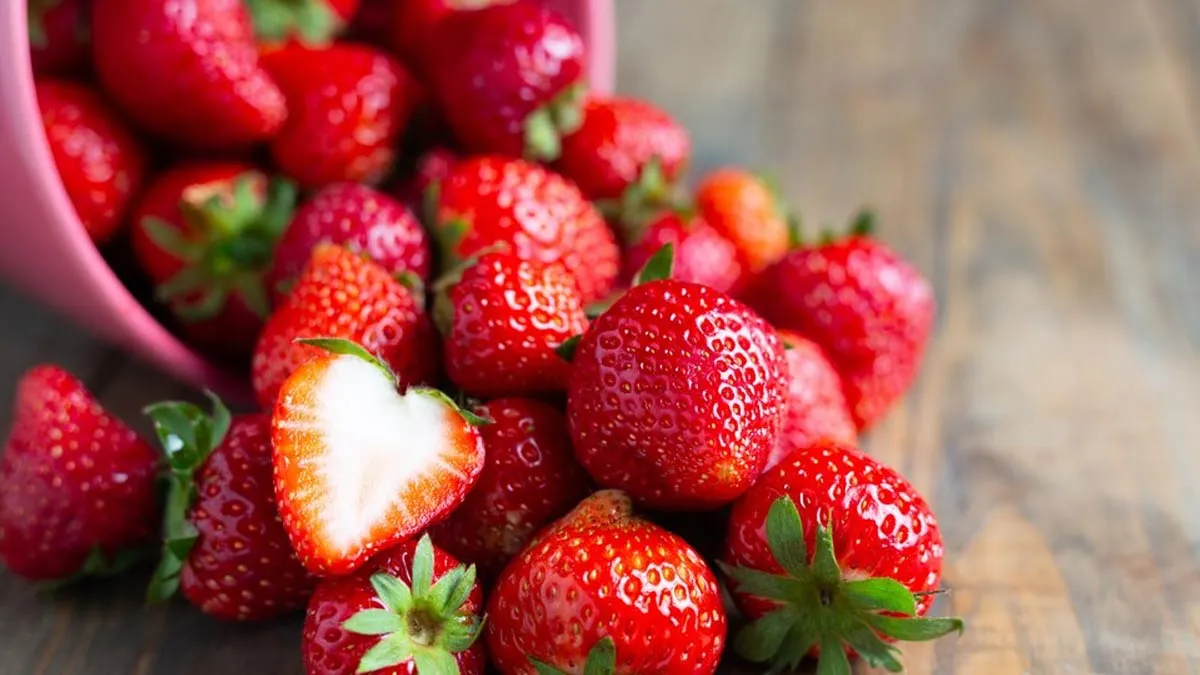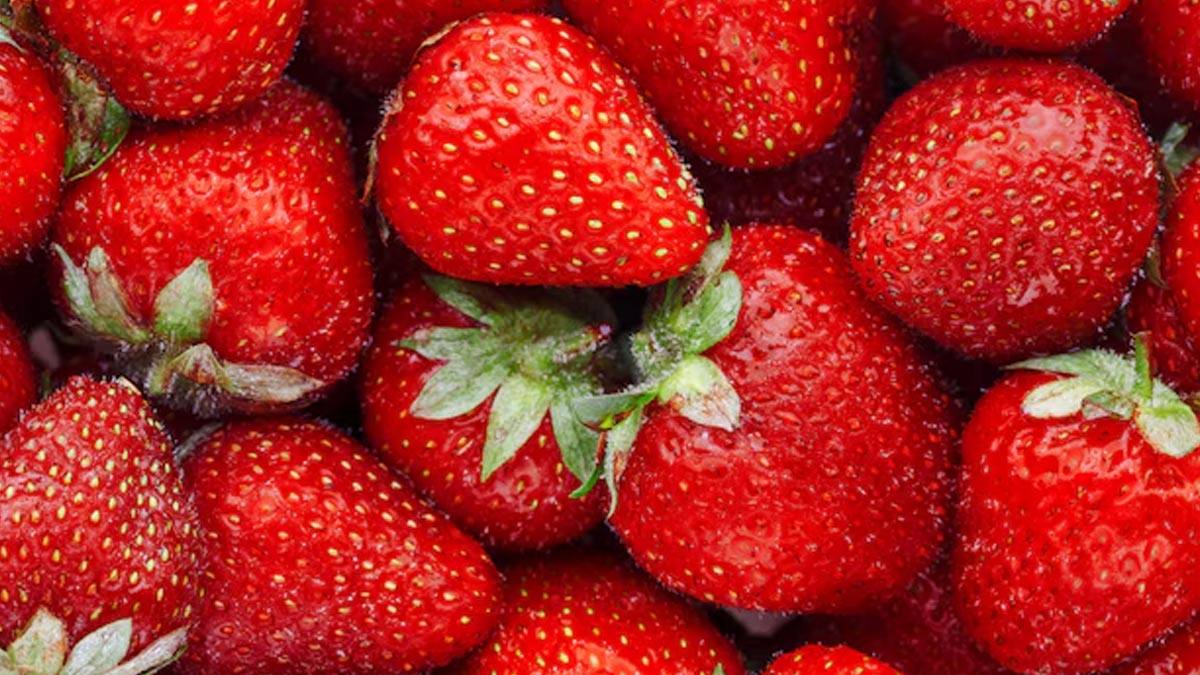
Who doesn’t enjoy strawberries? They’re sweet, tangy, and slightly acidic, making them a perfect addition to your daily diet. What’s more is that they are highly nutritious and can help keep various illnesses at bay. However, not everyone enjoys the same benefits from eating strawberries. In fact, some people may experience digestive discomfort, particularly if they consume too many. If you’re one of them, you have come to the right place. The OnlyMyHealth team recently interacted with Dr Narendra Shetty, Chief Wellness Officer, Kshemavana, Bengaluru, who explained why some people experience gas and bloating after consuming strawberries and shared tips on how to safely enjoy the seasonal fruit.
Table of Content:-
Also Read: Consuming Strawberry Can Improve Glucose Control And Reduce CVD Risk
Why Eating Strawberries Causes Gas And Bloating In Some People?

When it comes to strawberries, they are a rich source of vitamins, minerals, and antioxidants. They contain vitamin C, fibre, folate, manganese, potassium, and many other nutrients that can be beneficial for overall health.
While strawberries are generally considered to help reduce bloating due to their high fibre and water content, in some cases, consuming large quantities of strawberries could cause bloating.
Strawberries contain a complex sugar called raffinose that can be difficult for some people to digest, causing bloating and gas, explained Dr Shetty.
This is particularly the case with people who have a sensitivity or intolerance to strawberries.
He further added that while strawberries are high in fibre, which generally makes them beneficial for digestion, excessive amounts can cause bloating and gas. This is because a high concentration of fibre can be difficult for some people's digestive systems to process in large quantities.
How To Safely Eat Strawberries

Eating large quantities of strawberries or combining them with other gas-producing foods can worsen digestive issues like bloating.
Some of the key considerations include:
- Eat them in moderation.
- Pair them with digestion-friendly foods like ginger or yoghurt.
- Choose ripe berries, as they are easier to digest.
Other Fruits That May Have Similar Digestive Effects

Some of the common fruits that can impact digestion include apples, pears, cherries, and apricots, as they are high in complex sugars like sorbitol and fructose.
Sorbitol, a sugar alcohol, is known to draw water into the intestines, which can cause bloating and discomfort, especially in individuals with sensitive digestion or Irritable Bowel Syndrome (IBS).
Similarly, fructose, a naturally occurring sugar, may be difficult to absorb in large amounts, leading to gas and bloating.
To avoid discomfort, it is best to eat them in moderation, pair them with easily digestible foods, and opt for well-ripened varieties that are gentler on the stomach.
Conclusion
Strawberries are high in nutrient content and can be beneficial for overall health. However, eating them in excess or consuming them even when you have an intolerance can cause digestive problems like bloating and gas. In general, strawberries minimise digestive discomfort; however, in some people, they may have the opposite effect, which is why moderation is key.Consulting a doctor may provide better guidance. Additionally, if you experience persistent bloating or digestive issues, it is best to talk to a doctor and seek help.
Also watch this video
How we keep this article up to date:
We work with experts and keep a close eye on the latest in health and wellness. Whenever there is a new research or helpful information, we update our articles with accurate and useful advice.
Current Version